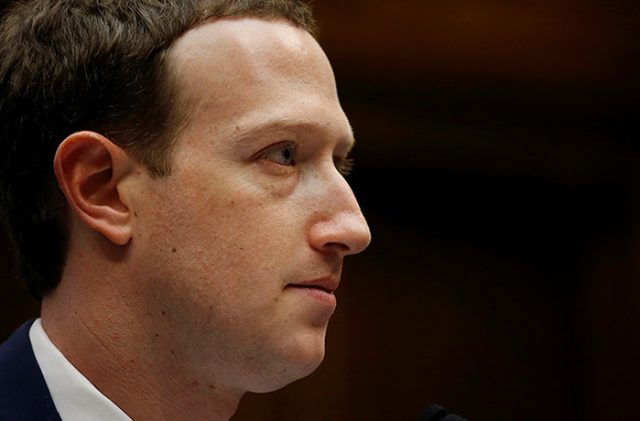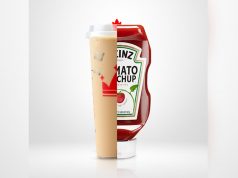
Filipinos should now be more careful with what they share online amid the recent global data-breach scandal involving Facebook.
Facebook found that the Philippines is the second most affected country in the global data-breach fiasco, next to the United States, with at least more than a million Filipino users as data subjects
Online users are advised to be more discerning with activities, particularly with the type of information they are sharing or giving access to.
The Surveillance Self-Defense guide states many ways you can protect yourself online:
1. Passwords are there for a reason.
Choose a “strong” or lengthy password and do not provide your real name if you are not comfortable with it.
2. Privacy policies are written to be long and boring, but read them anyway.
Check the social media network’s privacy policies, if possible, particularly on “how your data is used.”
“You may want to take a look at sections on how your data is used, when it is shared with other parties, and how the service responds to law enforcement requests,” the Surveillance Self-Defense’s article says.
3. Games and quizzes are fun, but be a little suspicious.
Facebook and companies that use it gain access to your personal information when you post photos of your current whereabouts, answer quiz apps, play online games, and even chat or message your friends.
You also unintentionally share private data when you download apps or log into websites that need access to your contact details, gallery of photos and videos, and even your phone/laptop camera.
Check the credibility of the entities that built the apps or features. Once they request for access to your friends’ list, phone number and messages, that should be a red flag for you.
4. There’s such a thing as privacy settings.
SSD advises that users should do away with the default privacy settings right away. Check back on the settings regularly as these are subject to change as developers improve the site.
It also helps to protect your communications with encryption. “[Encryption] is a process that takes a message and makes it unreadable except to a person who knows how to decrypt it back to a readable form,” the guide says.
How are Filipinos protected?
In the Philippines, the online privacy of Filipinos is protected by the National Privacy Commission, which was formed under the Republic Act 10173 or the Data Privacy Act of 2012.
Privacy Commissioner Raymund Enriquez Liboro recently urged Filipinos to “exercise online personal vigilance” in light of the social media fiasco.
“Users should minimize the personal information they share online and maximize the use of existing privacy protection features and tools,” Liboro said.
A little scared? Review your history.
The controversy involves a huge amount of personal data from more than 80 million Facebook users allegedly used to influence the United States elections as well as national polls in other small democratic countries such as the Philippines.
In a bid to win back the trust of its users, Facebook this week launched a page that allows users to check if their data have been shared with political consulting firm Cambridge Analytica.
It checks if you accessed an online quiz called “This Is Your Digital Life” years ago. The app was the supposed tool Cambridge Analytica used to harvest data.
Related:
What you need to know about the Facebook data scandal









